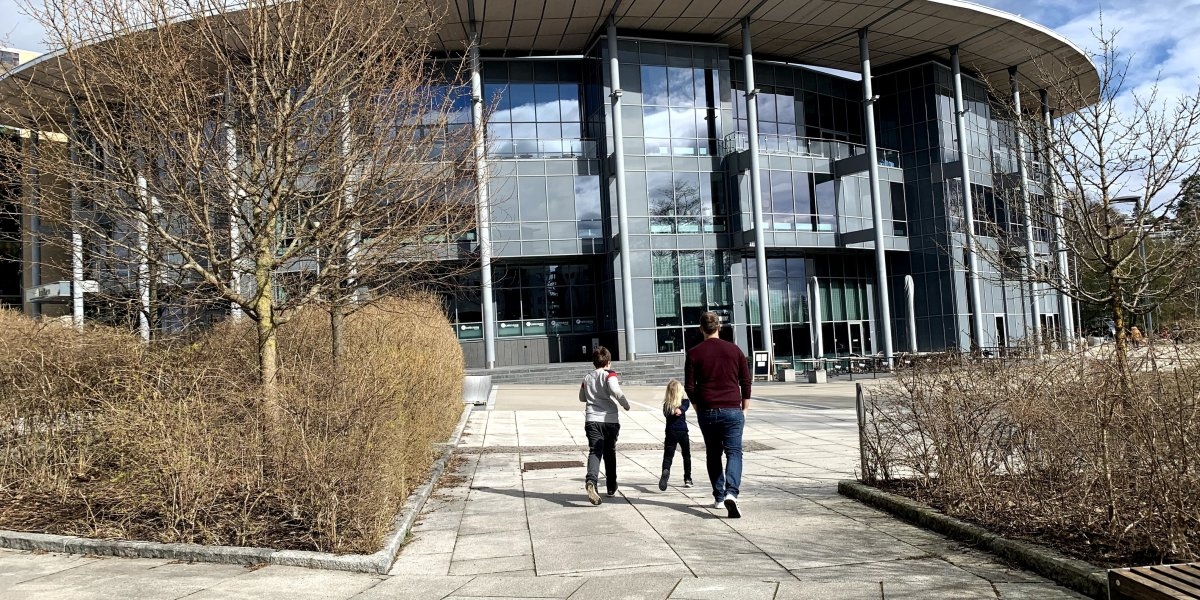UPSCALE: Upscaling sustainable collaborative consumption using public libraries
This project addresses how public libraries can be used as hubs for an upscaling of collaborative consumption contributing to the transformation to a low emission society.
Photo: Karina Standal/CICERO
Project details
This transformation requires major changes in how we organize our societies, also in how and what we consume and produce and include the development of both sustainable environmental, social and economic systems. Collaborative consumption, or what is often termed sharing of goods and services, has increasingly been put forward as one way of ensuring more sustainable consumption with beneficial environmental, social and economic effects. However, sharing initiatives often attract only marginal groups of people or are upscaled in unregulated markets that violate sustainability principles. Hence, there is a need to upscale sharing practices to include more groups and to ensure that the sharing is managed in a sustainable manner.
Several studies point out that the local communities can play a significant role in transformation processes towards a low emission society, also by engaging citizens in transformative practices. However, facilitators are needed to make this happen.
Through their existing digital infrastructure and as important arenas for social relationship, trust and social capital public libraries can be used to facilitate sharing and lending of goods and services at their own premises, by private enterprises or by non-profit organizations (NGO’s). There is, however, a need to obtain more knowledge on how collaborative consumption through public libraries can be organized and upscaled. In response, this project will conduct extensive comparative case studies of local communities where public libraries are facilitating the sharing of tools, sports and leisure equipment as well as the sharing of knowledge and information.
The project will:
• Address the conditions and policies needed for a transition to greener consumption habits, involving citizens, public and private enterprises, and NGO`s
• Address how emerging sharing initiatives, organized through library systems, can contribute to the development of environmental, social and economic sustainability on a local and global level.
• Produce knowledge about drivers and barriers for an upscaling of sharing initiatives though public library systems, and the incentives needed to spur this development
• Demonstrate and develop sharing solutions as well as potential for reduction in climate emissions through sharing
Research partners: CICERO, Insam, Libriotech, University of Tromsø, Copenhagen University, and University of East Anglia.
Private and public enterprise partners: Jernia, OBOS, Drammen library, Nordre Follo library, Tromsø library, Odense library.
The project is financed by the Norwegian Research Council
Involved CICERO staff
From other institutions
Førde, Anniken, Jochumsen, Henrik, Aure, Marit, Mia Høj Mathiasson, Nina Solberg, Barrat-Due Solum, Espen E
